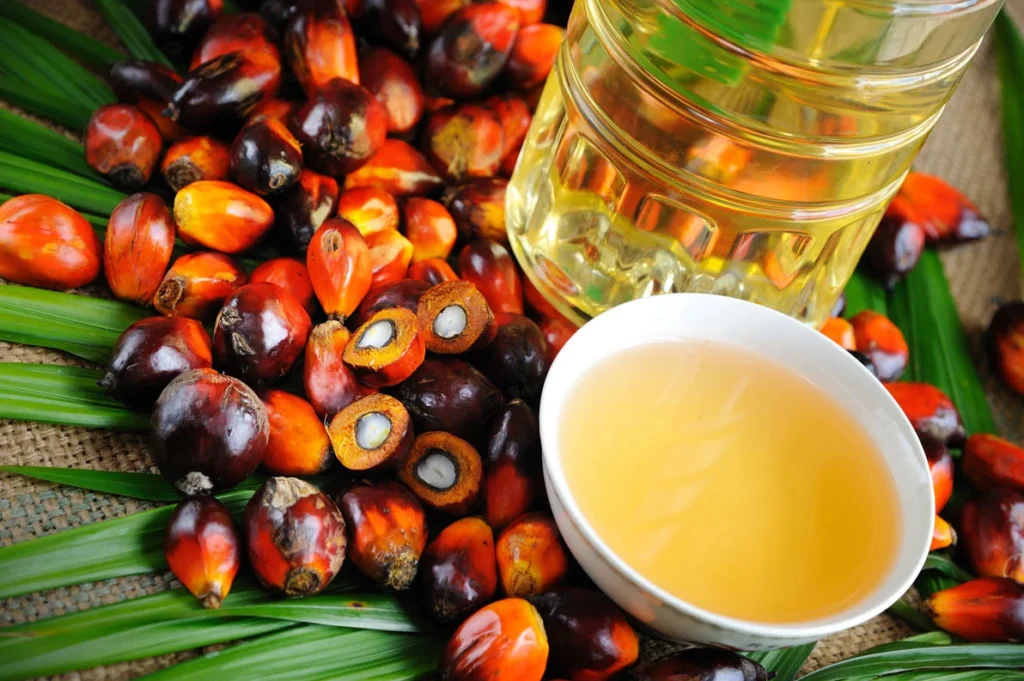Indonesia’s president-elect Prabowo Subianto aims to accelerate the country’s transition to palm oil-based biodiesel, targeting a mandatory 50% blending by early next year. This move is expected to reduce fuel imports by $20 billion annually and lower emissions from fossil fuels.
Currently, Indonesia has a 35% blending requirement, which is set to increase to 40% in January 2025. Prabowo’s ambitious plan to reach 50% blending, known as B50, has sparked both optimism and concerns within the industry.
The Indonesian Palm Oil Producers Association (GAPKI) has expressed reservations, stating that B50 cannot be implemented in early 2025 without further testing. Meanwhile, the Indonesian Biofuel Producer Association (APROBI) has emphasized the need for sufficient time to test the B50 fuel and increase production capacity.
Experts warn that the biodiesel industry must improve product quality to ensure stability and prevent engine filter clogging. Upgrading equipment and conducting commercialization tests will require at least six months, according to biofuel expert Tatang Hernas Soerawidjaja.
The news has sent Malaysia’s benchmark palm oil futures surging, with prices reaching a one-month high before settling at 3,921 ringgit ($902.42) per metric ton, a 1.4% gain.
As Indonesia pushes for a more sustainable energy mix, the success of its palm oil-based biodiesel program will be closely watched by the industry and environmentalists alike.



